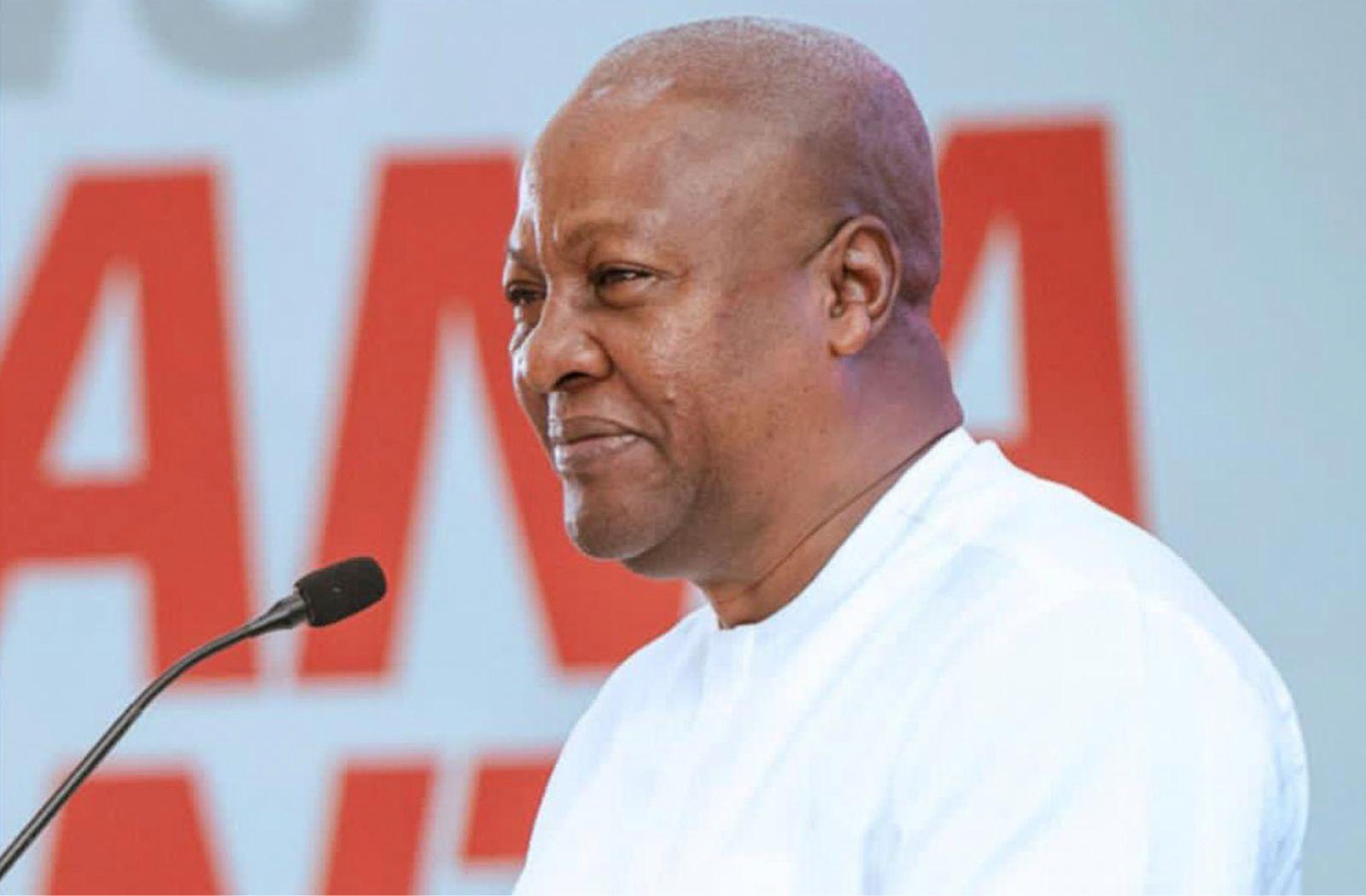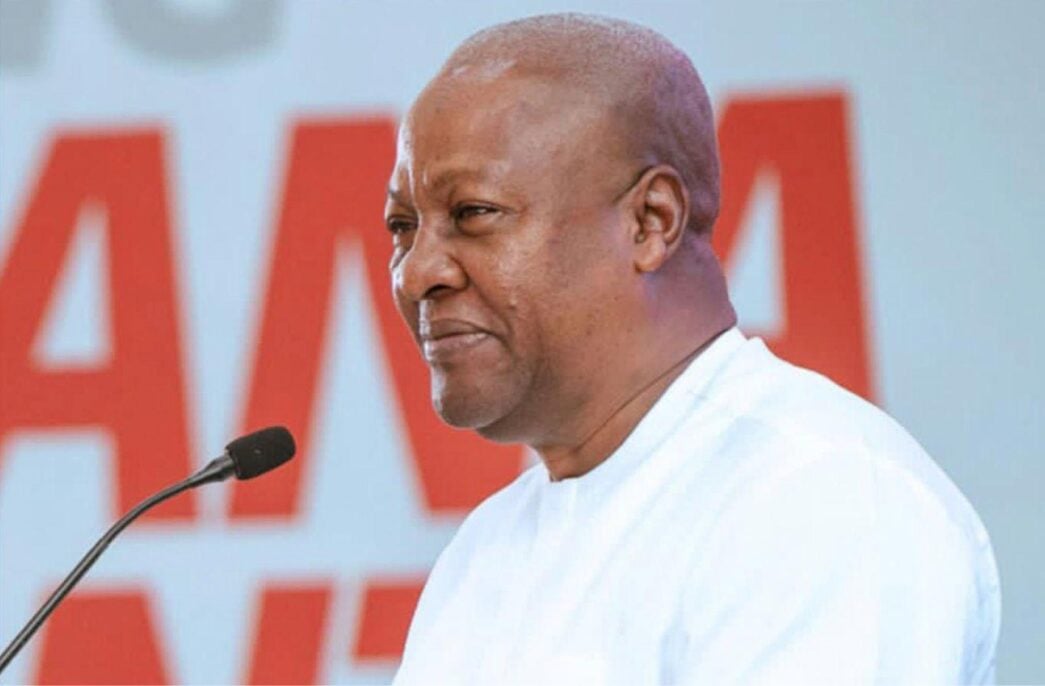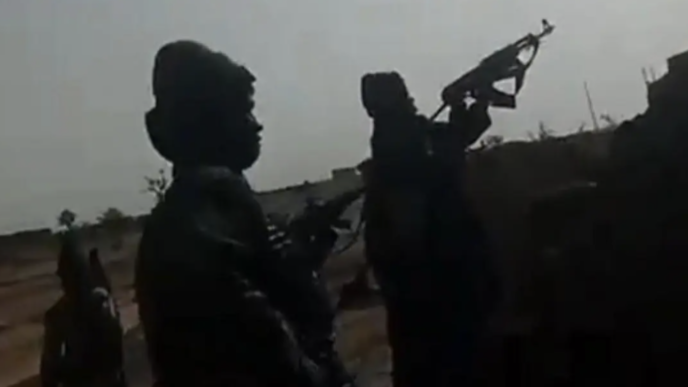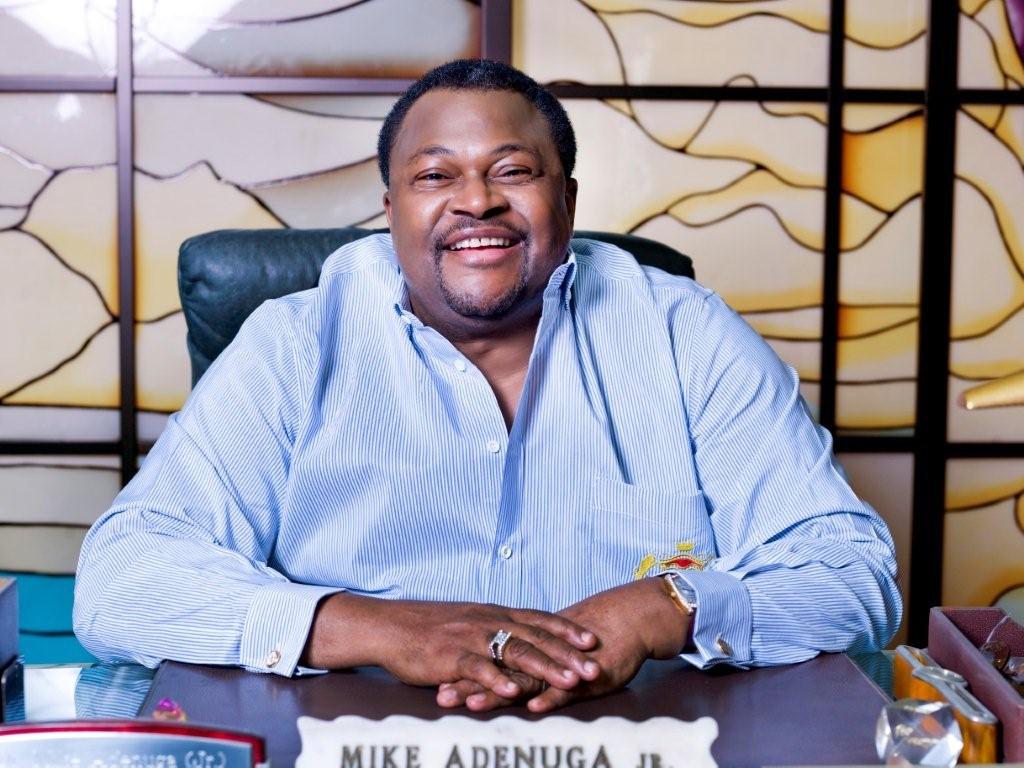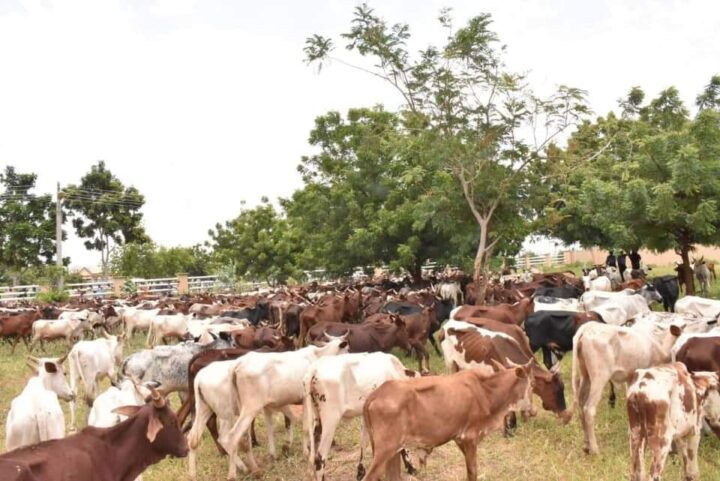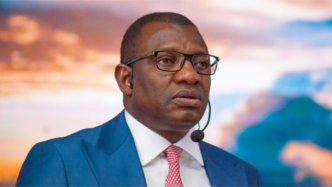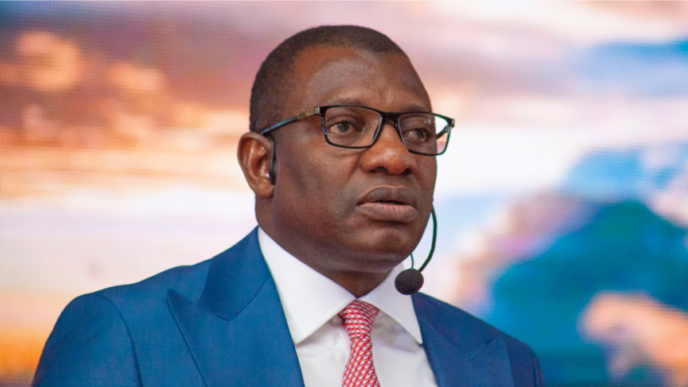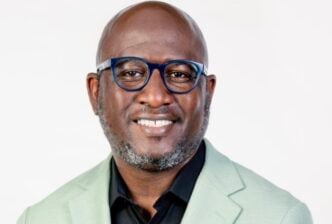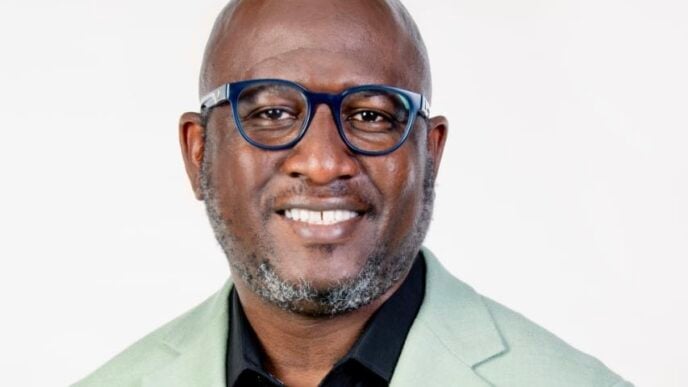Ghana's President John Mahama
BY NURUDEEN HASSAN
Since Donald Trump was sworn in on January 20th as the 47th president of the United States, he has wasted no time waging a double war: one on “illegal” immigrants and another on global trade through tariffs and restrictions. Africa, as always, is not spared from the ripple effects. Visa bans, trade disputes, and now a new round of deportation deals have all come knocking on the continent’s door.
In this deportation saga, Trump has gone shopping for African partners to take in those being expelled from the US. The responses have been a mixed bag: some blunt, some desperate, some calculating.
Nigeria didn’t waste time. Abuja said a firm no to Trump’s request, pointing out that the country already has 220 million citizens and far too many challenges to absorb anyone else’s headache. Fair enough!
Advertisement
South Sudan has already received three deportees with criminal records. Honestly, I don’t know what to make of that other than the fact that it doesn’t look good for a fragile state still finding its feet.
Eswatini also signed on to take in deportees, prompting anger from neighbouring South Africa, which is already battling its own migration challenges. Pretoria feels Eswatini is playing with fire by bringing more migrants right next door.
Rwanda has agreed to take in 250 deportees, though they insist on vetting them first. And why not? Under a similar arrangement with the UK, Rwanda pocketed over £120 million.
Advertisement
Uganda followed with a cautious temporary agreement: yes to some deportees, but no to criminals or unaccompanied minors. In other words, Kampala is hedging its bets.
Then there is Ghana, and here’s where things get interesting. Accra has said it will only accept deportees who are from West Africa, that is, people who were already West African citizens carrying ECOWAS passports before making their way to the US. At first glance, that may look like a compromise. But in reality, it is a masterstroke.
Why? Two reasons:
- Ghana isn’t really accepting anyone new. Under the 1975 ECOWAS treaty, West Africans already have the right to move freely and settle in Ghana. So, by agreeing to take back deported West Africans, Ghana hasn’t technically opened its doors wider. It has only acknowledged a framework that already exists.
- Leverage for bigger gains. Trump gets to boast that Ghana is “cooperating,” which strokes his ego. In exchange, Ghana can push for concessions: maybe lower tariffs from the US, the reinstatement of five-year multiple-entry visas for its citizens, or other favourable terms in trade negotiations. They give up almost nothing but stand to gain plenty.
Sometimes, the art of the deal is not in what you give up but in how you give the appearance of giving something. On this one, Ghana played it beautifully.
Advertisement
Nurudeen Hassan is a development practitioner and an enthusiast of international relations and affairs, based in Abuja, Nigeria. He writes on governance, accountability and human rights issues.
Views expressed by contributors are strictly personal and not of TheCable.
